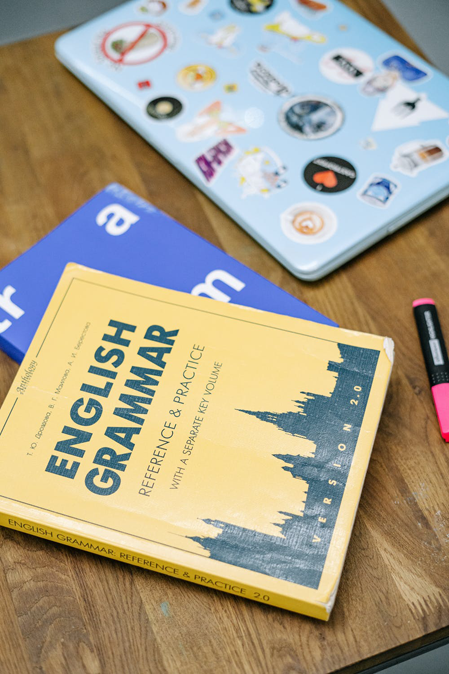How to Get an A in English GCSE Creative Writing
 The Creative Writing part of GCSE English can be daunting. Instead of giving an answer that's either right or wrong, you're being asked to display your ability by writing a personal piece about the topic given. How do you know whether you're doing it "right"?
The Creative Writing part of GCSE English can be daunting. Instead of giving an answer that's either right or wrong, you're being asked to display your ability by writing a personal piece about the topic given. How do you know whether you're doing it "right"?
The good news is that it's not really as hard as it seems. Because you're being asked to express yourself, you're entirely in control of what you write — and you should be an expert in yourself. There are some things to bear in mind, though, to ensure you produce a piece of writing the examiners will love.
Plan What You're Going to Write
Good writing starts with good planning, and the first thing is to read the question properly, as you'll be marked according to how well you answer it. If you write something irrelevant, it won't matter how brilliant your writing is.
When you're sure of what you're being asked to write, make a plan. This will define the conclusion you're aiming to reach and map out how you're going to get there. And avoid making it too complex. It's better to write something straightforward with a beginning, middle and end than to be overambitious and not reach a proper conclusion.
Writing Effectively
You're not aiming to win the Nobel Prize for Literature, but it's important to write effectively. This includes writing descriptively, rather than just stating plain facts. Don't just write "I walked down the road" — show the reader the road and how you were walking (strolled, hurried, sauntered etc.). Part of this is making use of a wide vocabulary. The examiners will want to see that you have a good command of the language. But this can backfire if you're just using impressive words for the sake of it. If you're not sure the word you think of describes what you want accurately, then stick to a simpler alternative.
The examiners will want to see you in what you write, so don't be afraid to let your personality through. By all means bring in your own views and experience, as long as it's relevant to the question and you can back up what you say.
Proofread What You Write
Aspects like spelling, punctuation and grammar aren't everything, but it's necessary to get them right if you're hoping to get a good grade. Leave yourself time at the end to go through what you've written to correct errors. You can also take the opportunity to make your writing more effective. Just as the examiners want to see the breadth of your vocabulary, they'll also want evidence that you can use a range of sentence structures and punctuation correctly. If you want to know how to do well in Creative Writing, and all your exams, register with TutorExtra for access to a wide range of resources.


